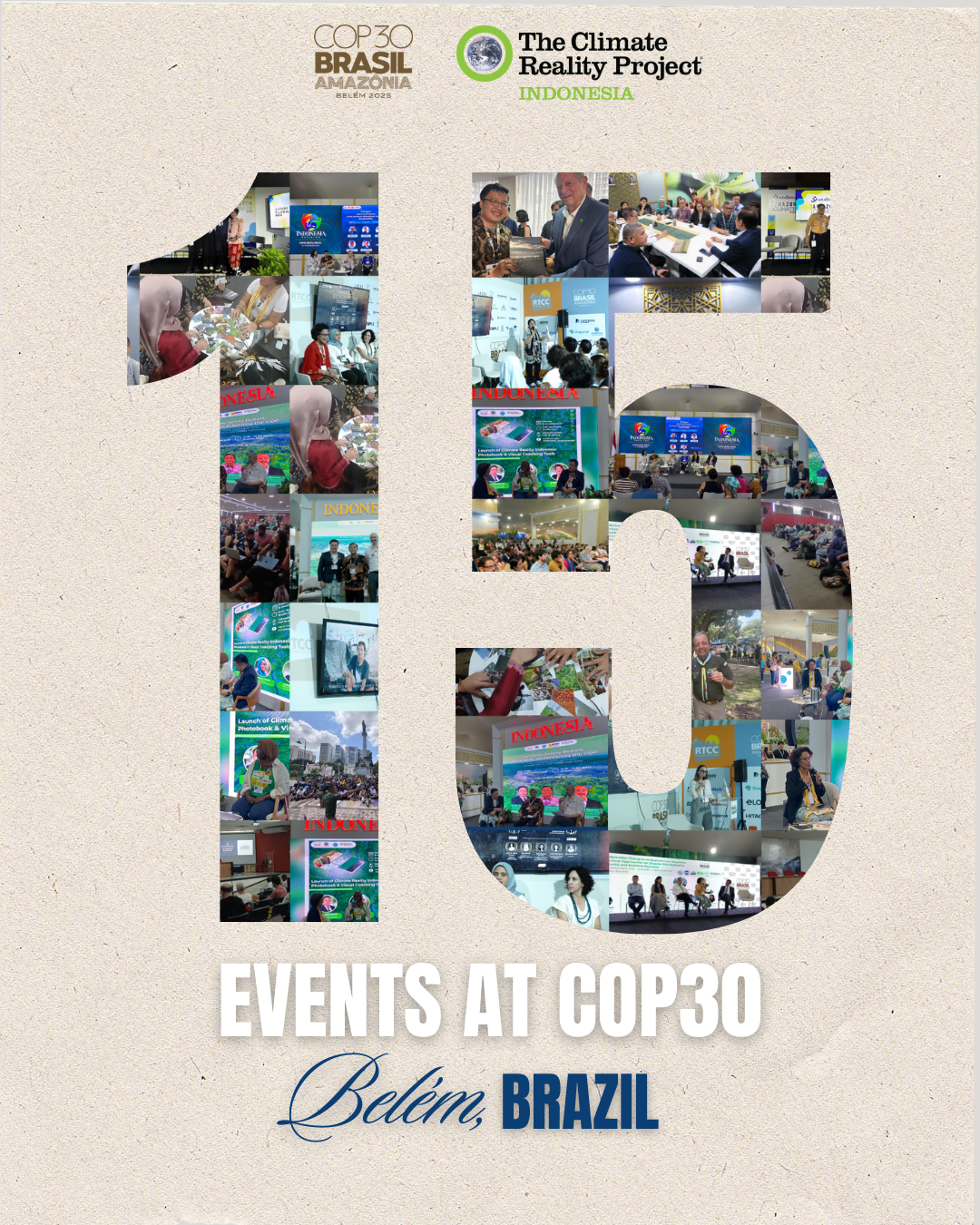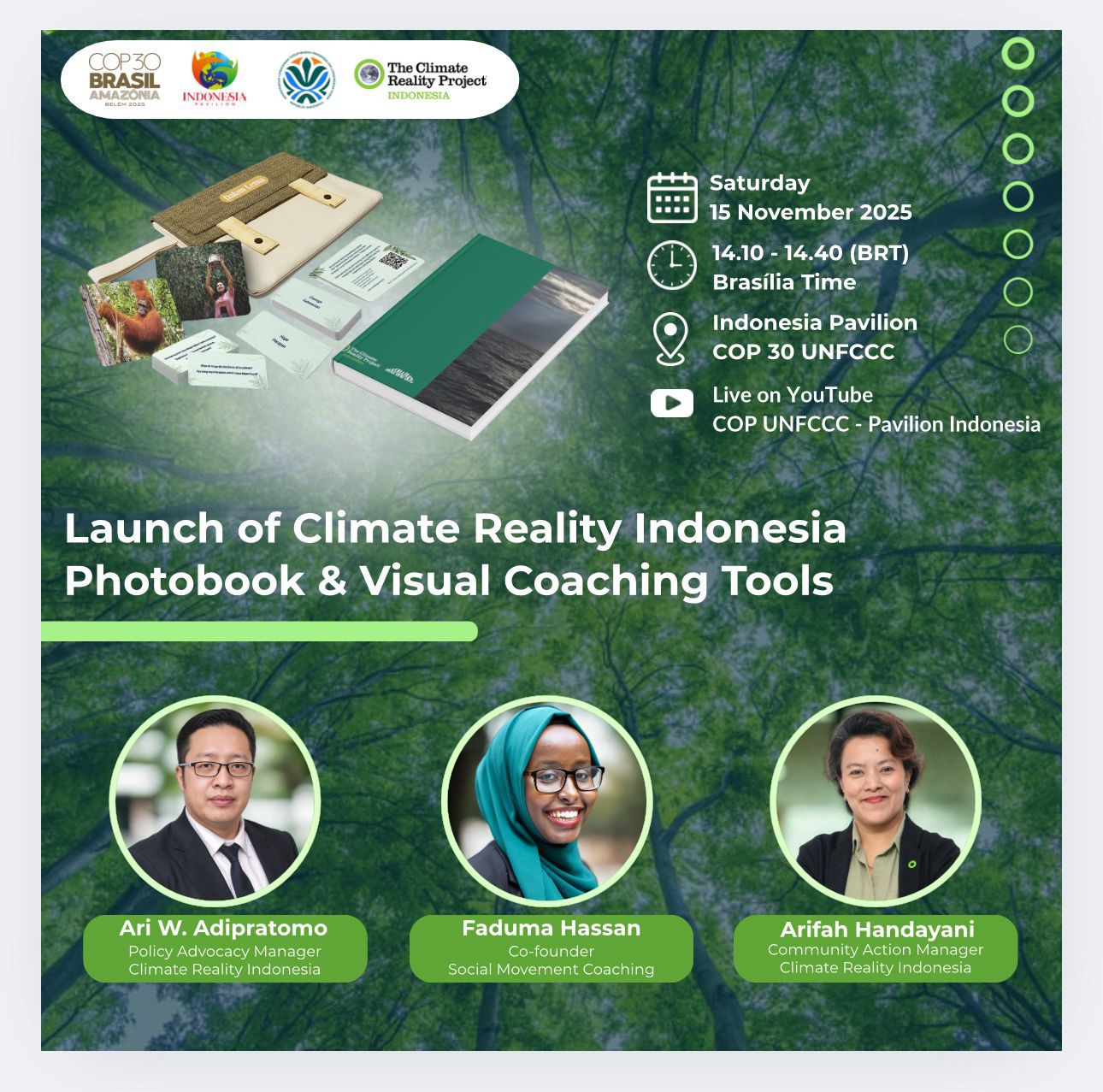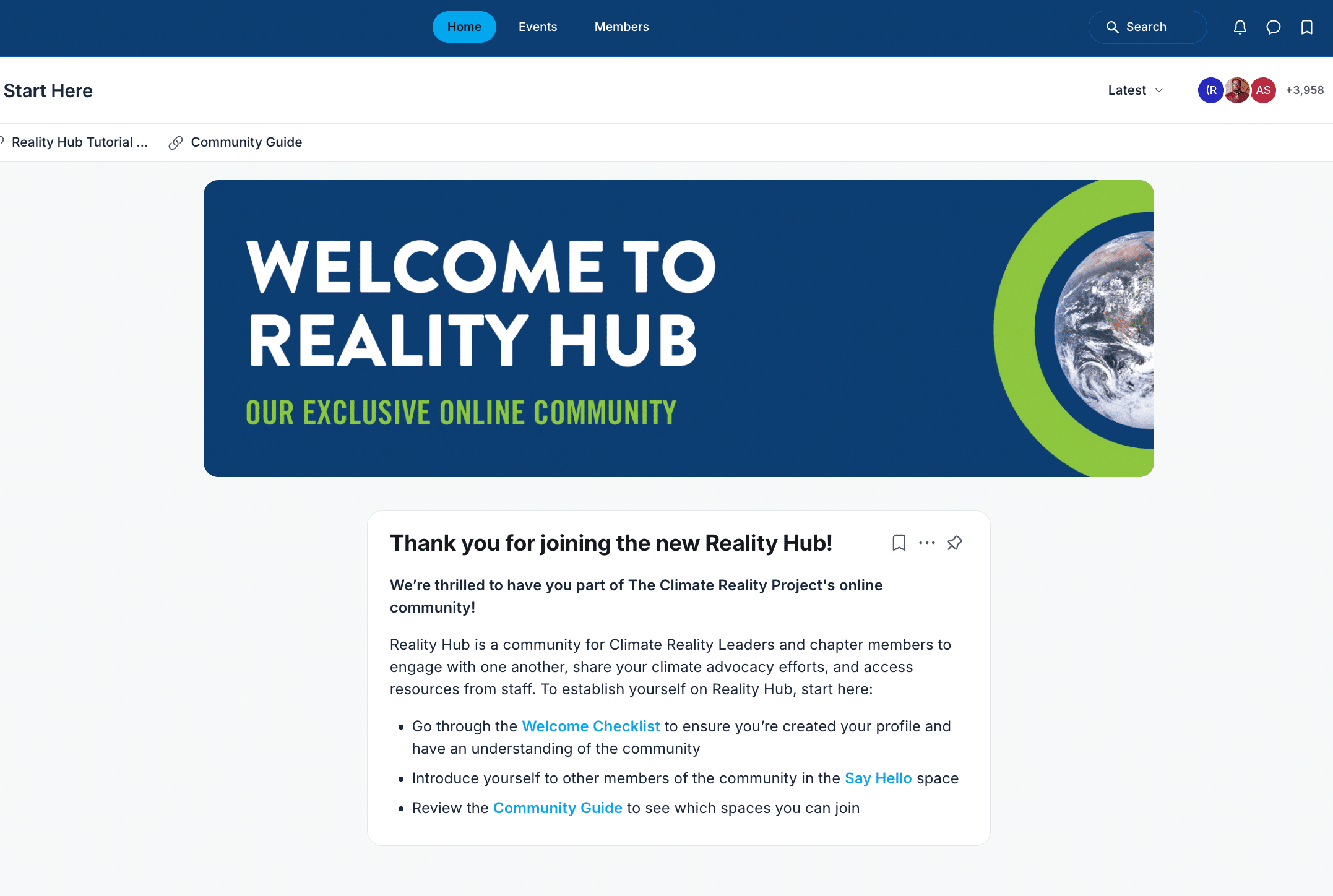Written by Yuri Pratama Widiyana
Reviewed by Pavarot Noranarttragoon, PhD and Ratchada Arpornsilp

For centuries, the sea gypsy communities have been roaming around the ocean for their livelihood, building traditions and culture that represent the unique blend of their love to nature and the tribe. As an ocean voyager, the sea gypsy developed a sustainable approach towards nature. They observe and develop their senses about their natural surroundings. The sea is their home, the corals are their front yard and the fish are their main neighbors.
In Thailand, there are three tribes of the sea gypsy (or Chao Lay in Thai language), which are the Urak Lawoi, the Moklen, and the Moken. They share similarities but also different in many ways. The ancestor root of Urak Lawoi for instance, is from Aceh in Indonesia. Meanwhile, the Moklen and the Moken have a similar historical ancestry (and language) which is originated somewhere in the Malayan peninsula. Nowadays we can find them largely in the southern provinces of Thailand, which are Phang-Nga, Phuket, Ranong, Satun, and also Krabi. Although they lived in different locations, they share similar livelihoods and also challenges. Most of them now are settling in the lands (most of them were slums area with limited living space due to land disputes and appropriation). As for livelihood, the majority of them still rely on the marine resources and following their ancestors’ step being artisanal fishermen, anglers, or oyster and shell collectors. But some of them also worked in the tourism sector such as being a tour guide, boat driver, or daily wage worker such as in a restaurant. Adapting to new life setting, they are facing more diverse challenges in order to thrive as an indigenous and ethnically-concentrated community.

The Moklen housing in Mai Khao beach
Surin marine protected area
Nowadays, the Moken and the Moklen can be found in many coastal areas of Andaman Sea. From our journey, we encounter them in Phuket, Phang-nga, and Ranong. One place that is unique due to its nature and conditions is the Moken in Surin Islands, Phang-nga. The islands have been a home for the nomadic Moken for centuries. So far out in the sea (about 60 km from Thailand coast), very few people disturbed their way of life. The Moken live in harmony with the surrounding nature and have never damaged the ecosystems of the lush jungle hills and the vibrant coral reefs. But ever since the Surin Islands became a national park in the early ’80s, the Moken found themselves in a predicament situation.
Due to the change of status, Surin Islands became a protected area, meaning the Moken people can no longer freely use the natural resources the way they’ve relied on for generations. They also can only make a settlement in a designated area, which is in Koh Surin Tai (South Island). In the beginning, they have limited access to public services such as education, health, etc., because they were not granted Thai citizenship. Now things are getting better as most of them are recognized as Thai citizens

Moken village in Surin Islands
Now the Moken village in Surin Islands becomes a popular tourist destination. This change impacted the Moken people’s lifestyle as well. The constant interaction with the mainland people and tourists brings both positive and negative spillovers. On the positive side, The Moken can have an alternative non-traditional stream of income from tourism and trade, or government’s attention to make significant improvement in terms of livelihood needs, such as access to electricity (almost all houses have solar panels). But on the other side, it caused challenges such as waste, changing habits, and also the risk of losing their rich indigenous culture.
Moken/Moklen and Climate Change
Climate change is likely to lead to more extreme weather events, and destruction to people’s land, homes, and livelihood. But traditional indigenous knowledge has been proven to help create resilient post-disaster recoveries. Practices that seem new to us, have been used by indigenous communities like the Moken and Moklen for years, such as green and sustainable living, organic farming, and reducing carbon emissions by using the traditional boats and fishing methods.
Unfortunately, they are also the most vulnerable group to the impacts of climate change due to various reasons, such as how they are highly dependent on natural resources for their livelihood, and of course, the fact that they live in coastal areas and small islands they are at risk of the sea level rise (which accounted 3,9 ± 0,5 mm/year in the Andaman Sea coastal areas).
As a result, their coastal homes are endangered. In addition, the unpredictable weather patterns hugely impact their livelihood as artisanal fishermen. They can no longer rely on traditional knowledge about the weather and season at sea, hence it is harder and more dangerous for them to go fishing. Climate change also creates adverse effects on marine and coastal resources. As the seawater temperature rises, the algae are died out which brings the corals into bleaching conditions. The whole reef ecosystem on which the sea gypsy rely for their fisheries activities is deteriorating.
Climate change impacts on their livelihoods and indigenous ways of living are worsened by other environmental problems. The influx of mass tourism and shifted consumption behaviors of the sea gypsy people result in an increase of non-biodegradable waste, such as single-use plastics which pose a critical health and environmental concern on small island. It adds up the already existing environmental issues, such as sanitation and access to clean water. Last but not least, the human intervention and actions also lead to the degraded marine ecosystem, including the urbanization and destruction of mangrove areas.
Although climate change and environmental challenges are immense, the sea gypsy has a different approach and level of knowledge about it. To some extent, they do realize and are aware of the changing climate, especially events that are closely related to their daily lives such as extreme weather, stronger wind, and changes in monsoon season, etc.
In order to mitigate the risk of climate change in the Moken and Moklen community, we need not only to build awareness among the people but also going deep dive to explore their own rich knowledge of sustainable living. Something that the Moken and Moklen people have already been practicing may become one of the solutions to reduce the impacts of climate change in modern communities. Yet, they need to blend the local wisdoms with a new perspective to leverage their initiatives.
Furthermore, in order to fight climate change, we need to embrace the ocean as the biggest carbon sink, keeping it in a healthy balance, as the Moken and Moklen people have done so for more than a millenia.
*This blog series is developed under the Collaboration Grant of the Climate Reality Australia and Pacific branch, sponsored by The Lord Mayors Charitable Foundation and Climate Reality Australia. The team is composed of climate reality leaders from Indonesia (Amanda Katili and Yuri Pratama Widiyana) and Thailand (Pavarot Noranarttragoon and Ratchada Arpornsilp).










